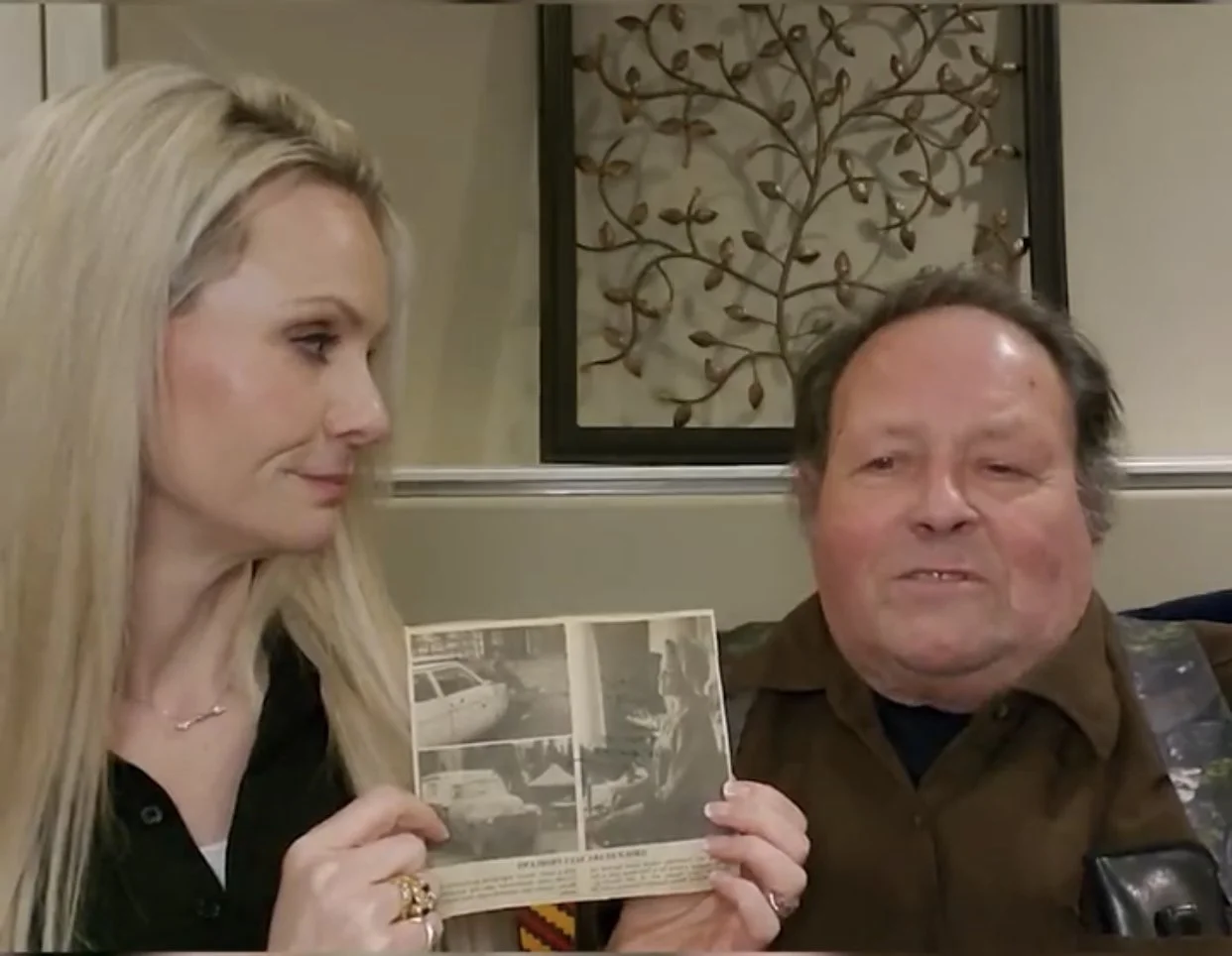Tshibaka's homeless fable remains unexamined
From the Fairbanks Daily News-Miner on Oct. 27, 2021: “The tent situation … that ended up being a homelessness situation for them because they thought it was short-term camping, but it ended up being a long-term problem that they couldn’t get out of,” Tshibaka said. “They had to fight their way into working class Alaska.”
From the Fairbanks Daily News-Miner on July 14, 2022: “A wife and mother of five, she cited a humble background — Tshibaka says her parents were once homeless . . .”
The truth is that Kelly Tshibaka’s parents were not homeless when they moved to Alaska in 1975, no matter how many times Tshibaka repeats the lie. They were camping.
Like thousands of other young people in Anchorage and Fairbanks, they stayed in a tent that summer while waiting for high-paid pipeline jobs.
The truth is that Tshibaka began promoting the homeless fable in late 2020, an origin story that allows her to better compete with Sen. Lisa Murkowski, whose father was a banker and politician.
The truth is that the Fairbanks Daily News-Miner is failing its readers by refusing to question Tshibaka’s false claims on this simple matter, as well as on more substantial issues.
The facts are as follows.
Four years before Tshibaka was born, her parents lived for a short time in a tent in a campground in Russian Jack Springs in Anchorage. Bill and Michele Hartline married on Aug. 18, 1975.
They “honeymooned in Russian Jack Springs in the small tent where they lived,” according to a 2015 newspaper story in Kenai on their 40th anniversary.
At a time when the vacancy rate for apartments in Anchorage was near zero, living in tents was not uncommon. In Fairbanks, my twin brother lived in a tent in 1974. He wasn’t homeless.
Most of the young and healthy people who lived in tents back then in Alaska were not homeless in the way that the term is now used.
Most never did any panhandling. If they stayed in flophouses, that was because of the severe housing shortage and the abundance of flophouses.
Jobs were readily available to those who wanted them in Anchorage or Fairbanks. It did take time for many people to get out of the tent and into a pipeline camp where the big money was made. Some people never made it.
“You can buy a tent or a camper,” Mike Wallace of CBS reported after a trip to Fairbanks in 1975 about the housing options. “That’s the route thousands here have had to go, both homegrown Alaskans who are not making those fantastic wages with which to pay inflated rents. And people from Outside who have come here looking for the pot of gold.”
Tshibaka posted an exchange on social media on March 1 with her dad, holding up an Anchorage Times photograph of the tent he occupied in the summer of 1975. The photo and story on June 5, 1975 was about the severe housing shortage in Anchorage at the time.
The caption of the photo that shows her dad’s tent said it was an example of how “tenters and campers make their homes in parks.”
“I had a hard time getting a job, “ Bill Hartline told Kelly in a video posted on Twitter. He said he came up from the Lower 48 looking for work because he had heard this was the place to find good jobs, but he couldn’t get work.
If he had a hard time getting a job in 1975, he wasn’t looking. At that time, you had to work at it to remain unemployed.
Perhaps he was holding out for a pipeline job that paid more than the hundreds of jobs available in Anchorage.
There were more than two full pages of help wanted classified ads in the newspaper on the day the photo of his tent appeared in the Anchorage Times.
Getting a job had never been easier in Anchorage or Fairbanks.
Tshibaka is claiming that her dad was in a tent because he could not find a job, etc.
Eventually, he said, he got signed up with the IBEW.
Kelly Tshibaka holds a newspaper clipping from the Anchorage Times of June 5, 1975 that shows the tent her dad lived in at the time in Anchorage on the lower left. (The photo is reversed from the original, which is shown below.)
The Anchorage Times story by Paul Nussbaum quoted the manager of Lion’s Camper Park, the temporary 1975 home of Tshibaka’s father, as saying that people were in the campground in tents and campers because they wanted to be. “They just think it’s cheaper,” the manager said.
The News-Miner has a responsibility to report the facts, getting beyond the humble origin brag created by Tshibaka as a mainstay of her campaign.
Your contributions help support independent analysis and political commentary by Alaska reporter and author Dermot Cole. Thank you for reading and for your support. Either click here to use PayPal or send checks to: Dermot Cole, Box 10673, Fairbanks, AK 99710-0673.
On June 5, 1975, during the peak of the trans-Alaska pipeline boom, the Anchorage Times reported on the housing shortage in Anchorage. Tshibaka’s father lived in the tent on the lower right.


